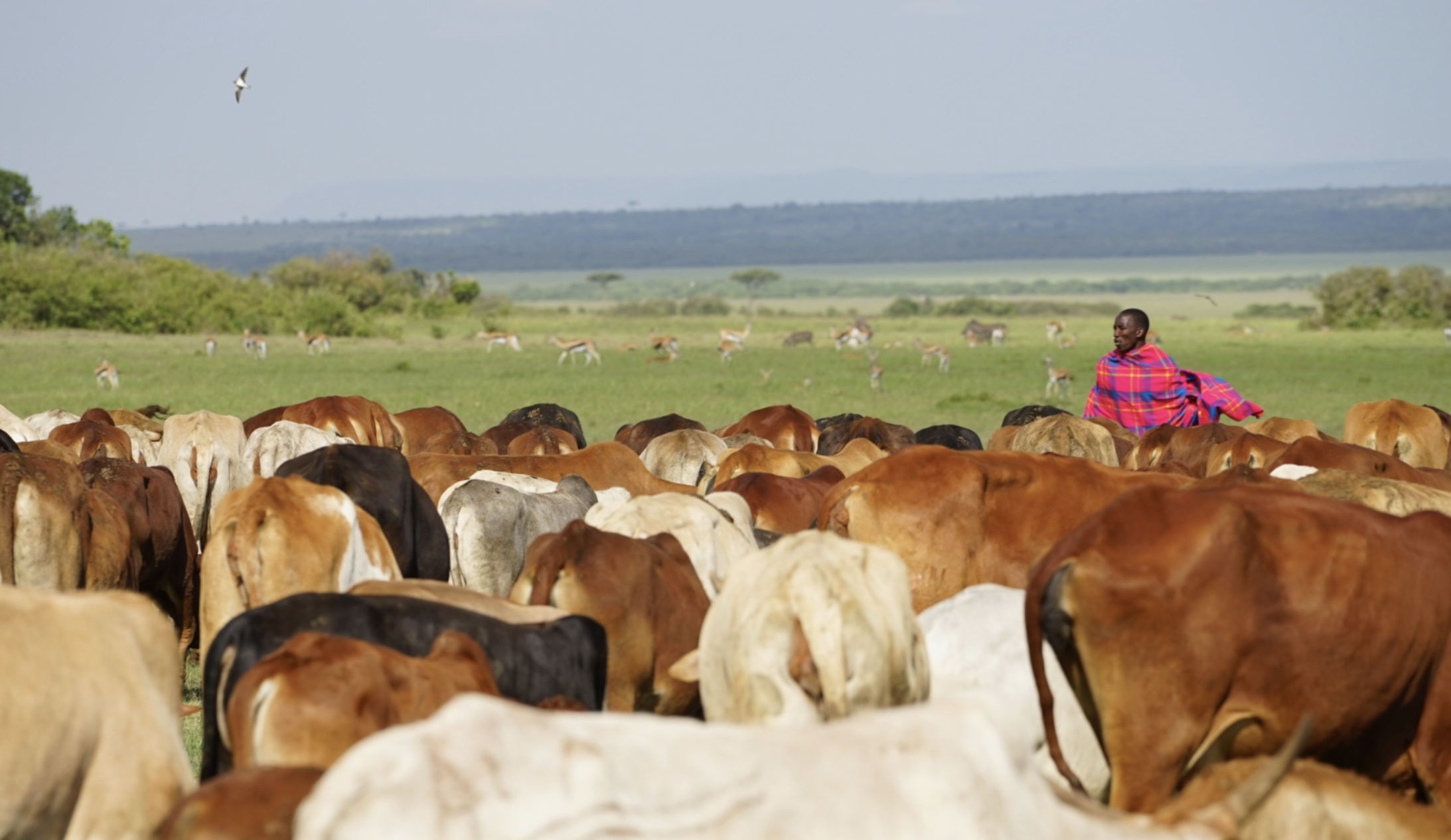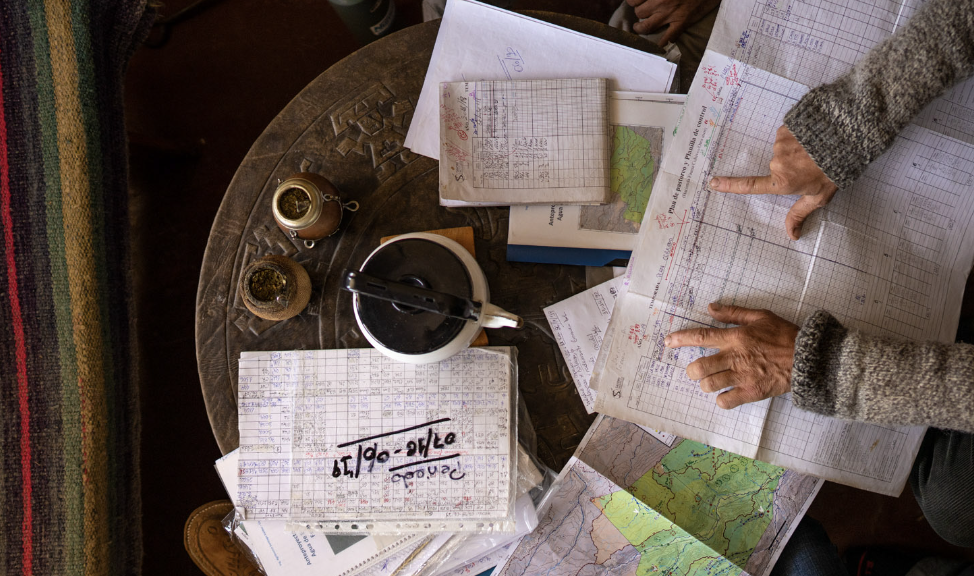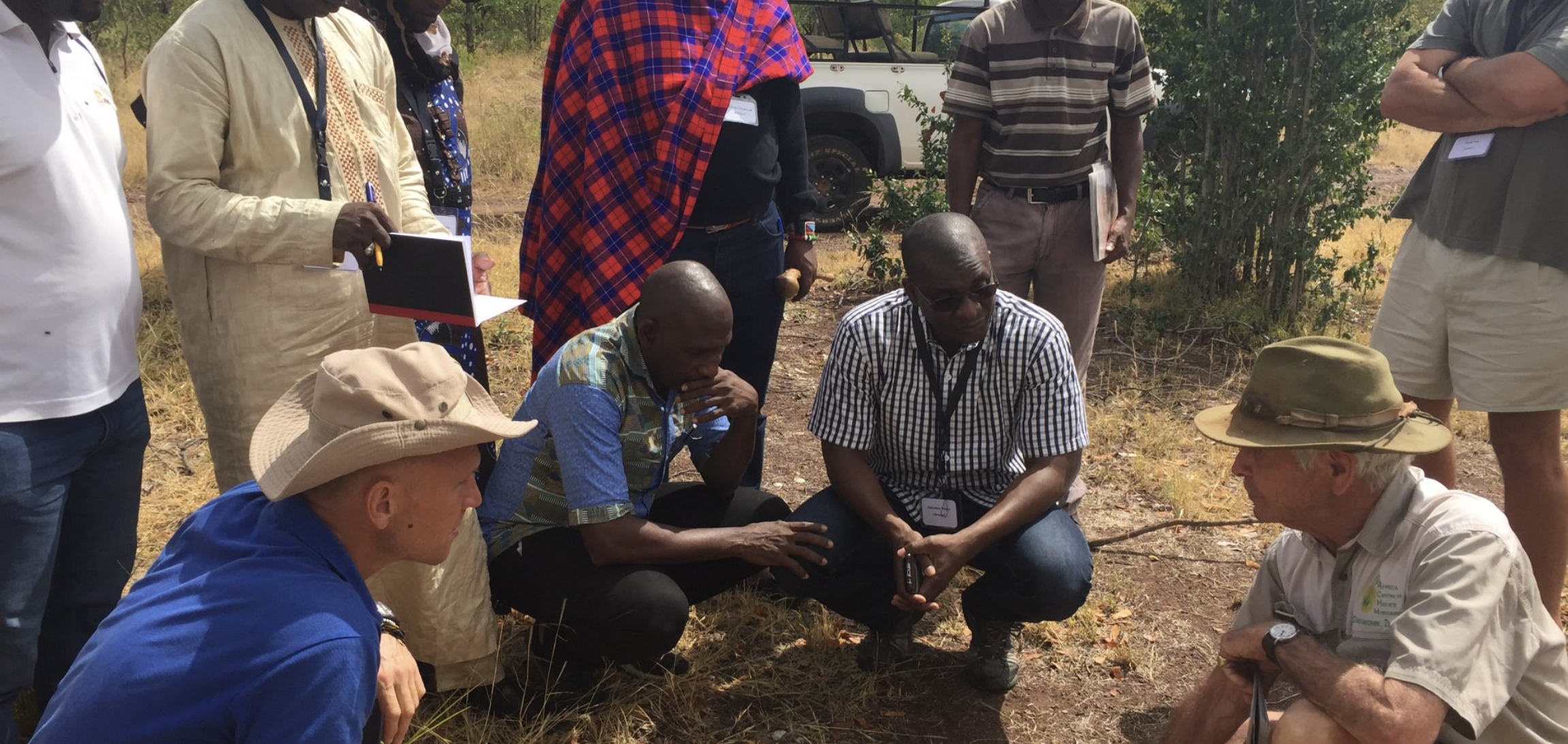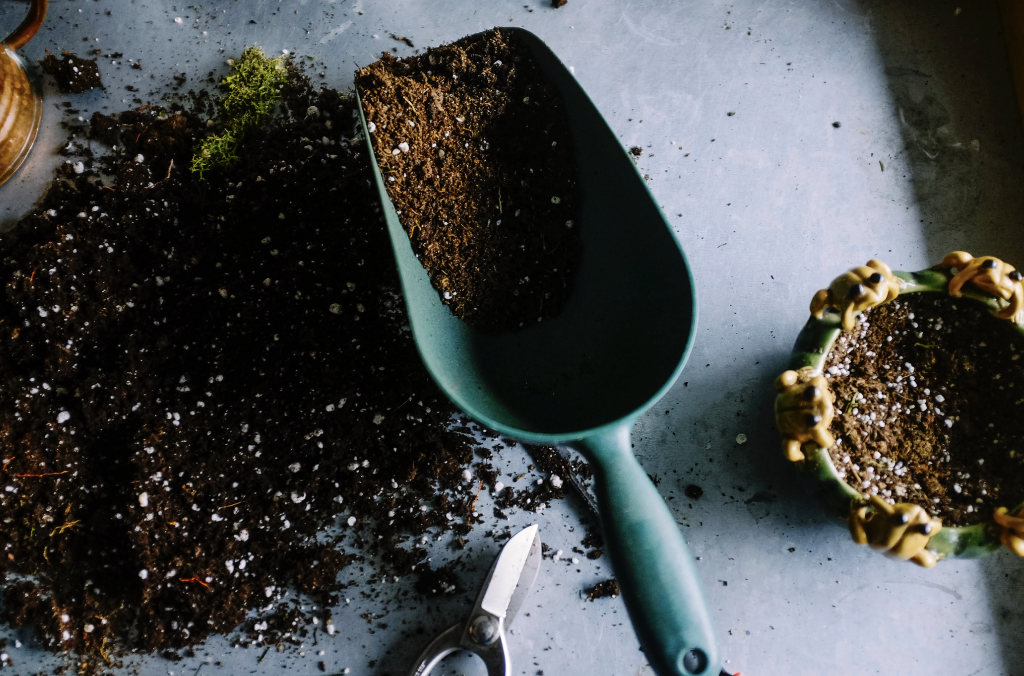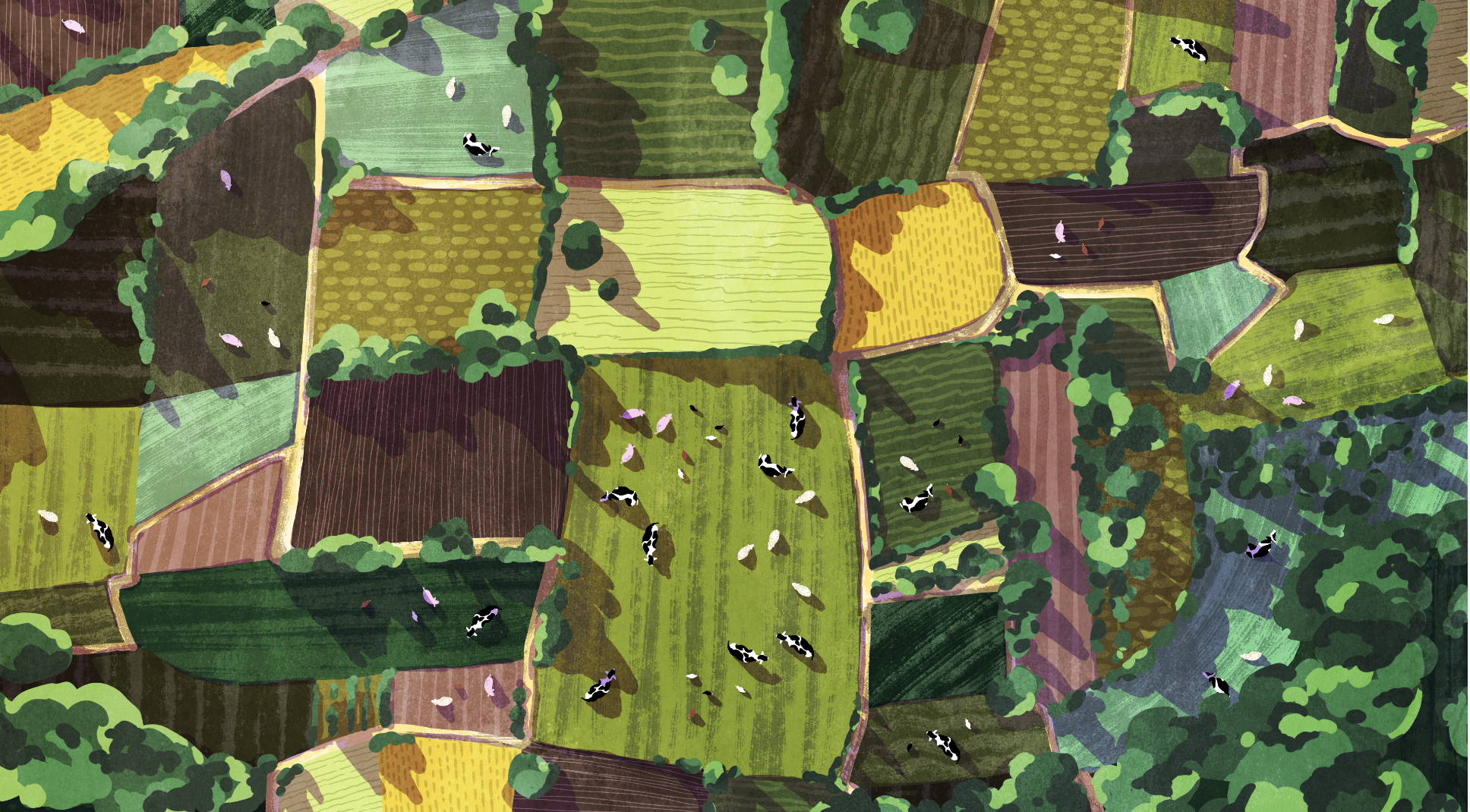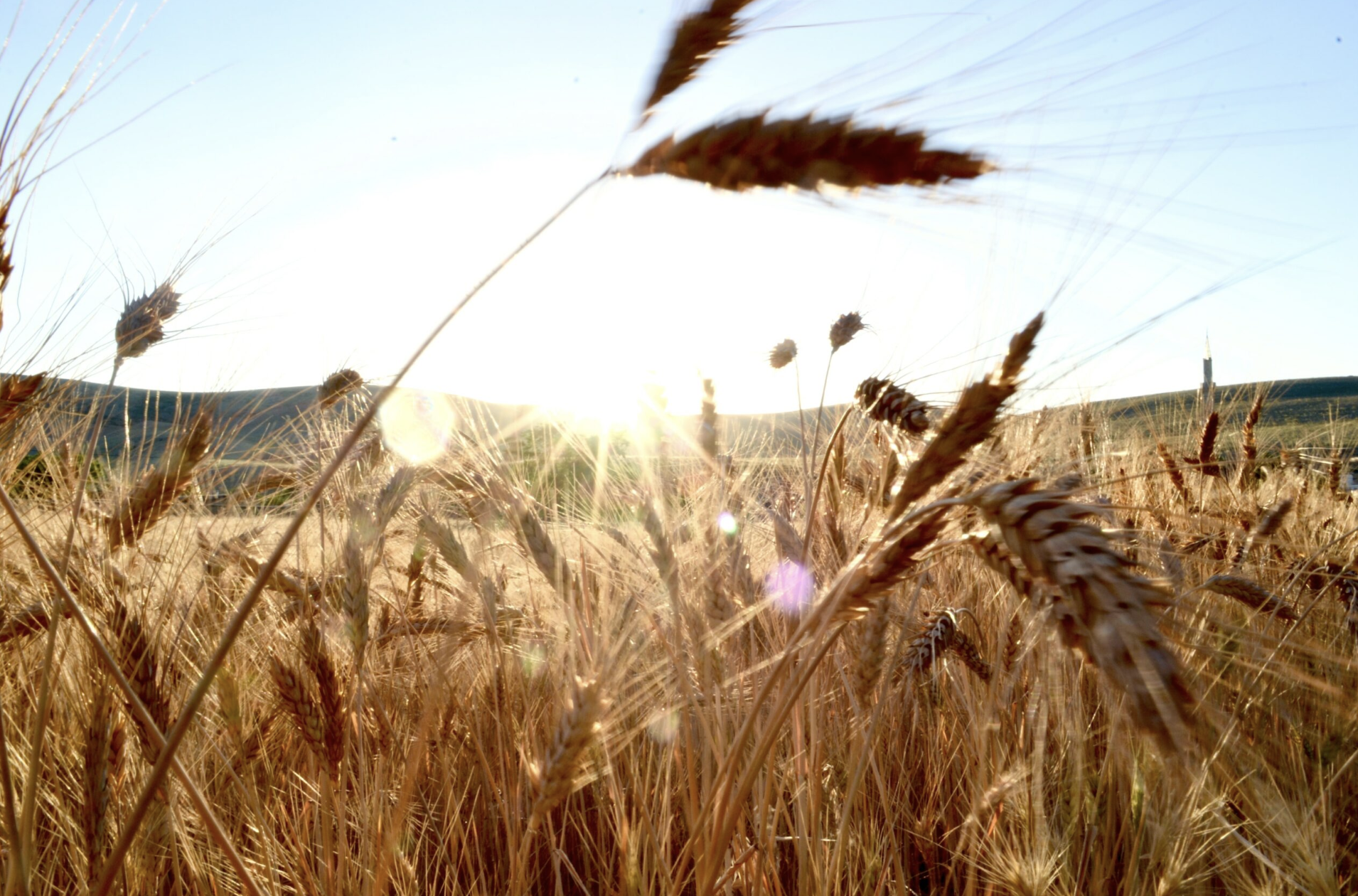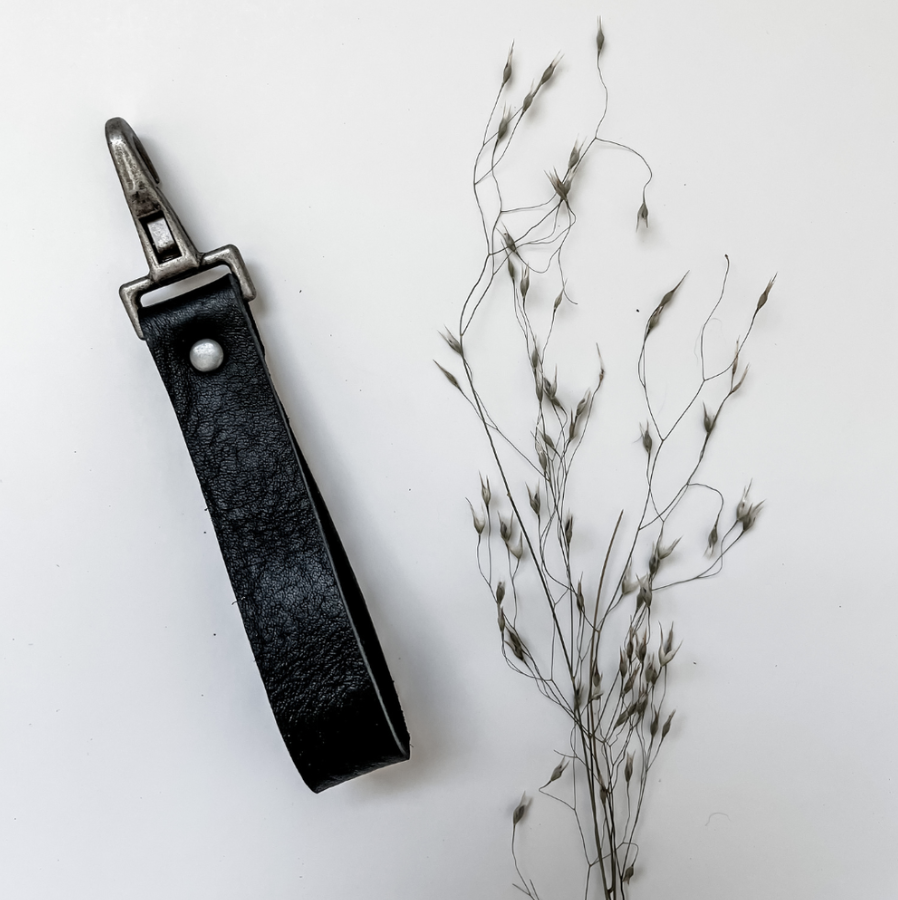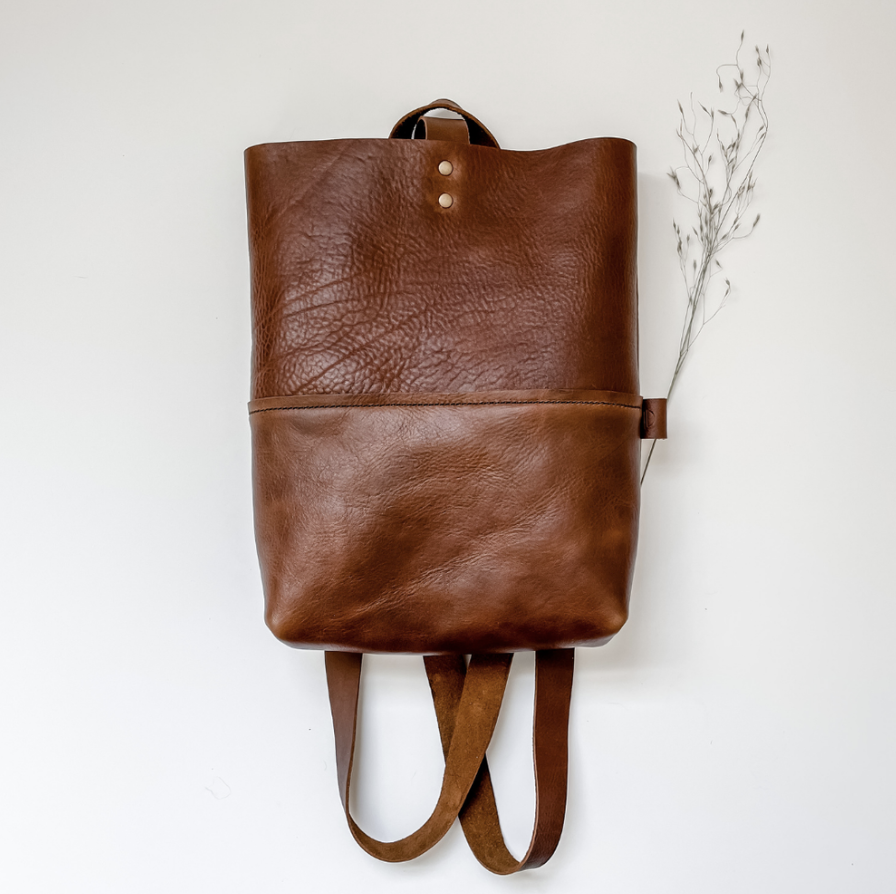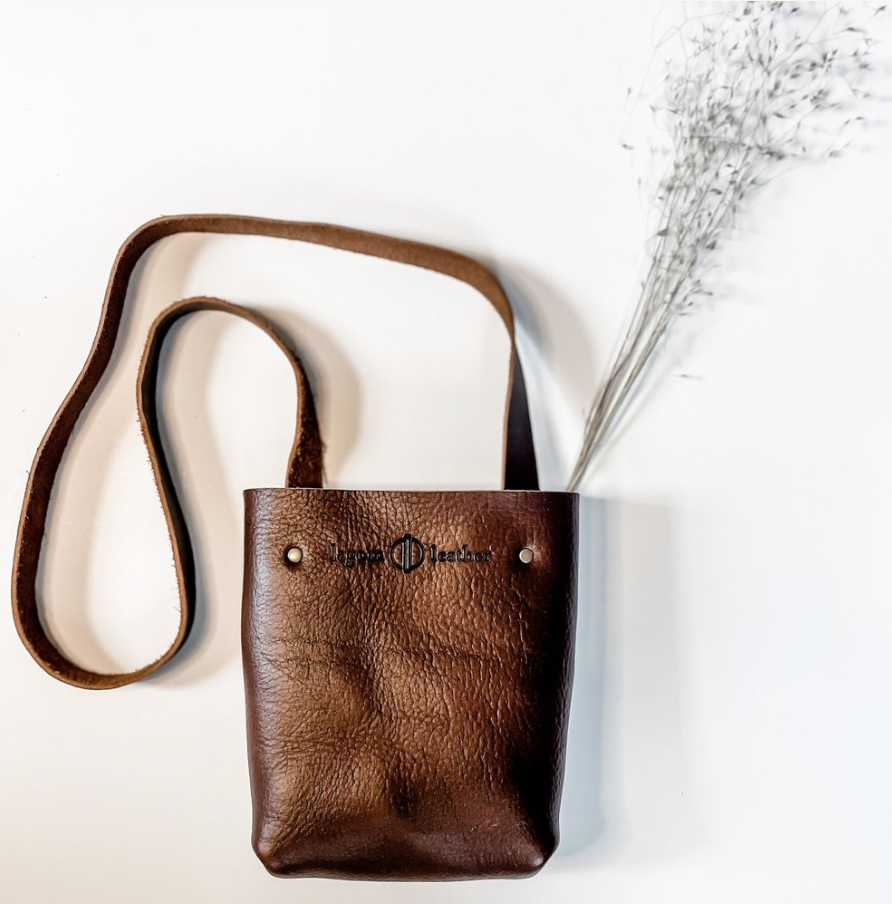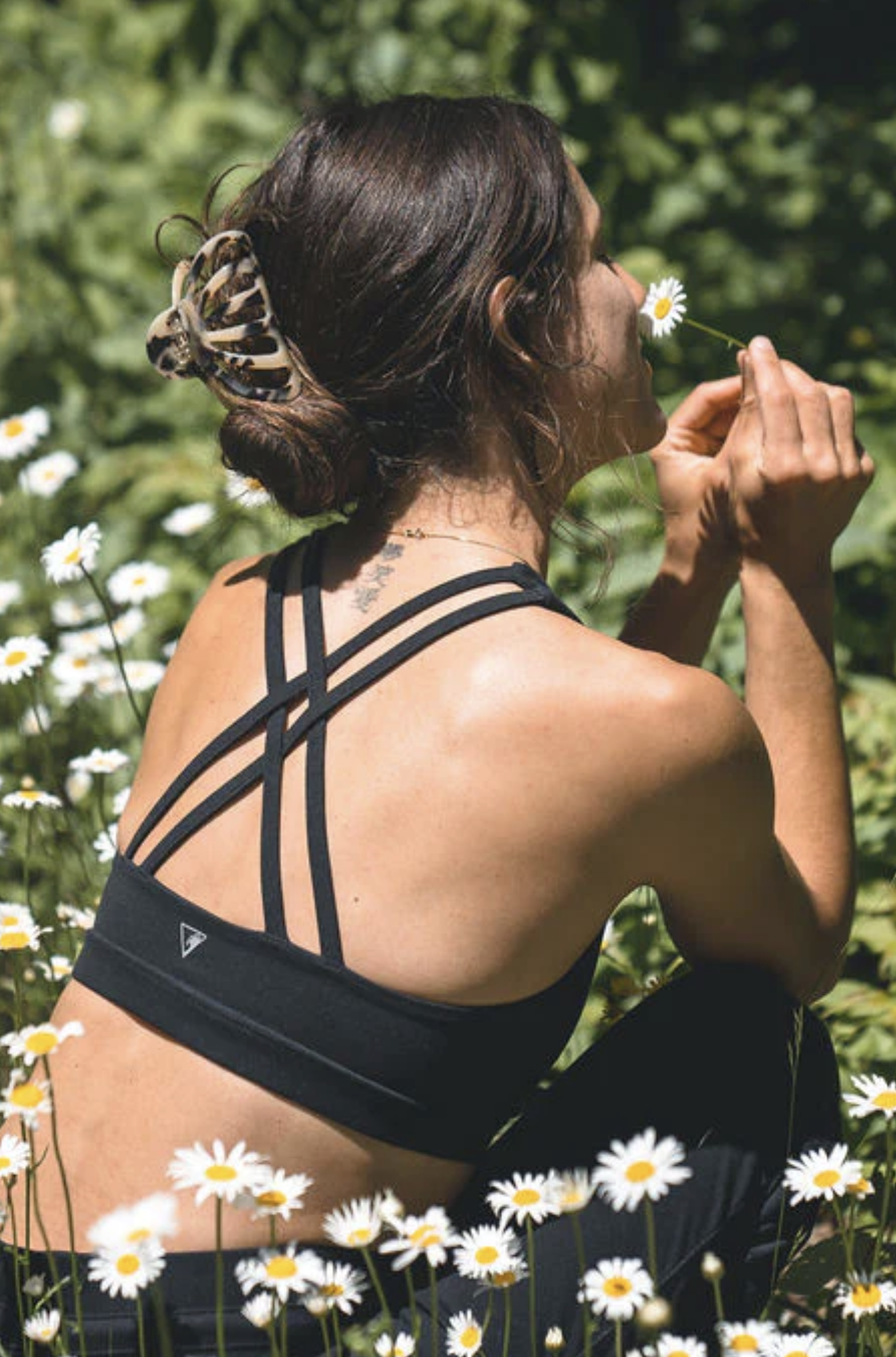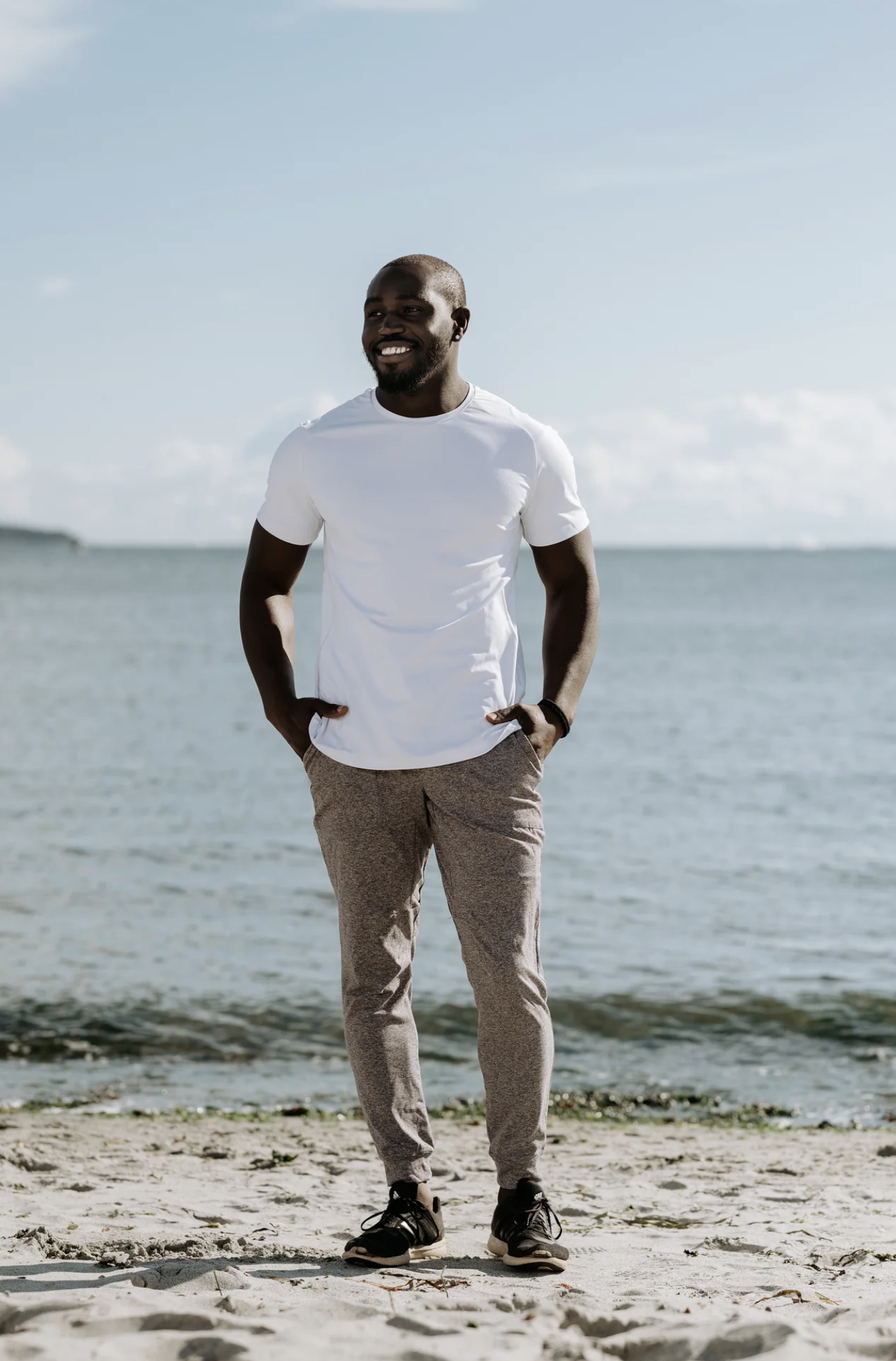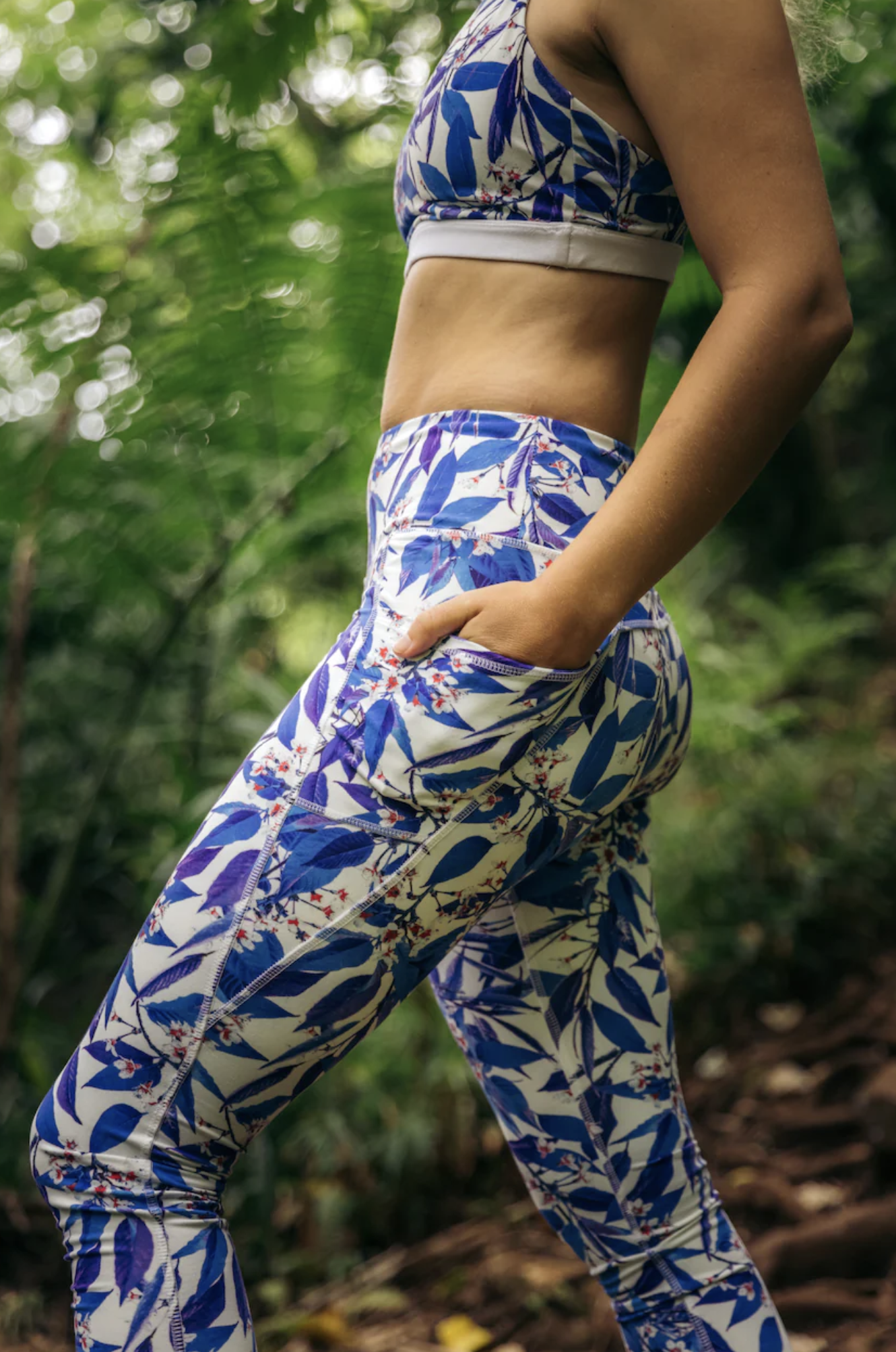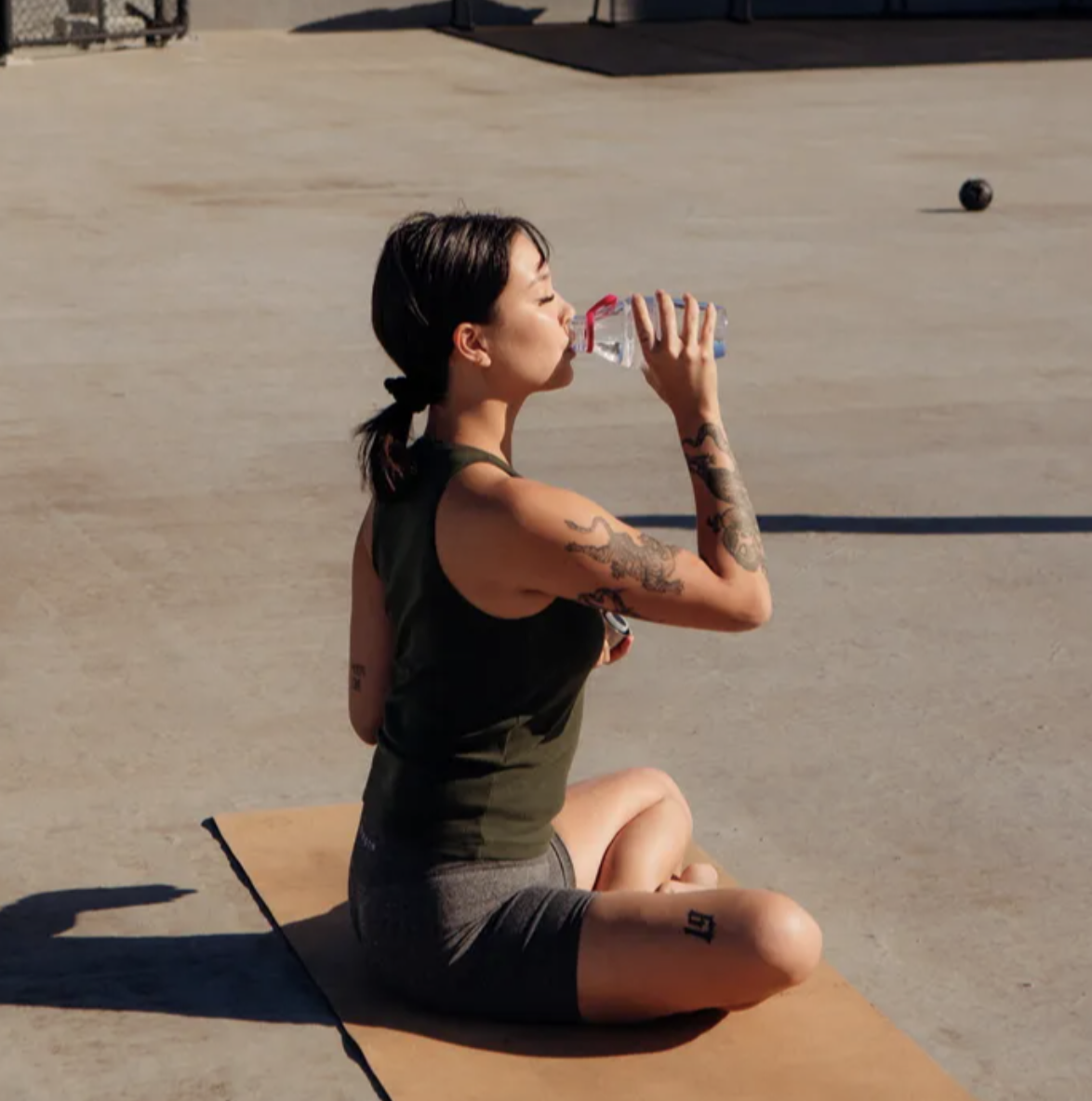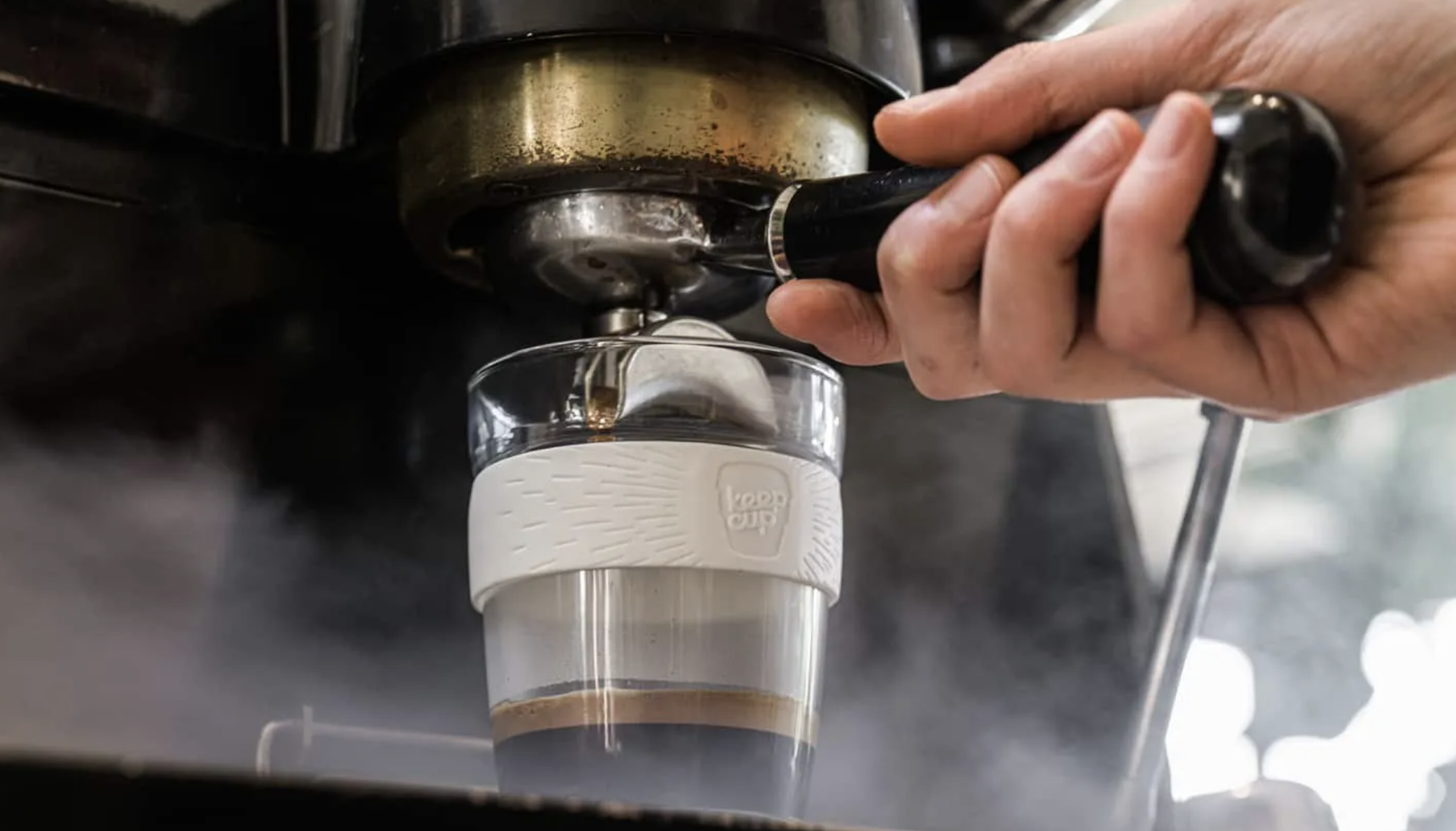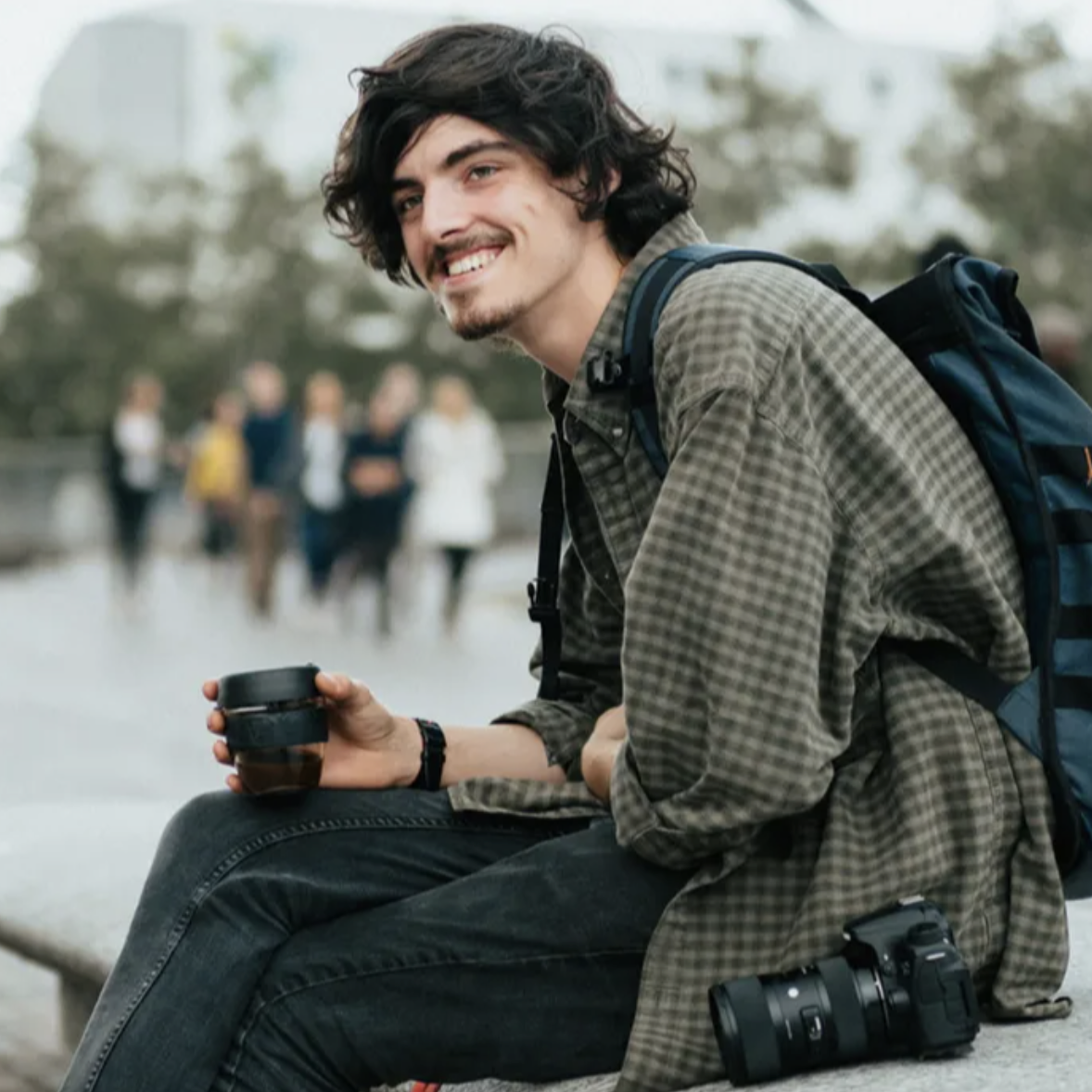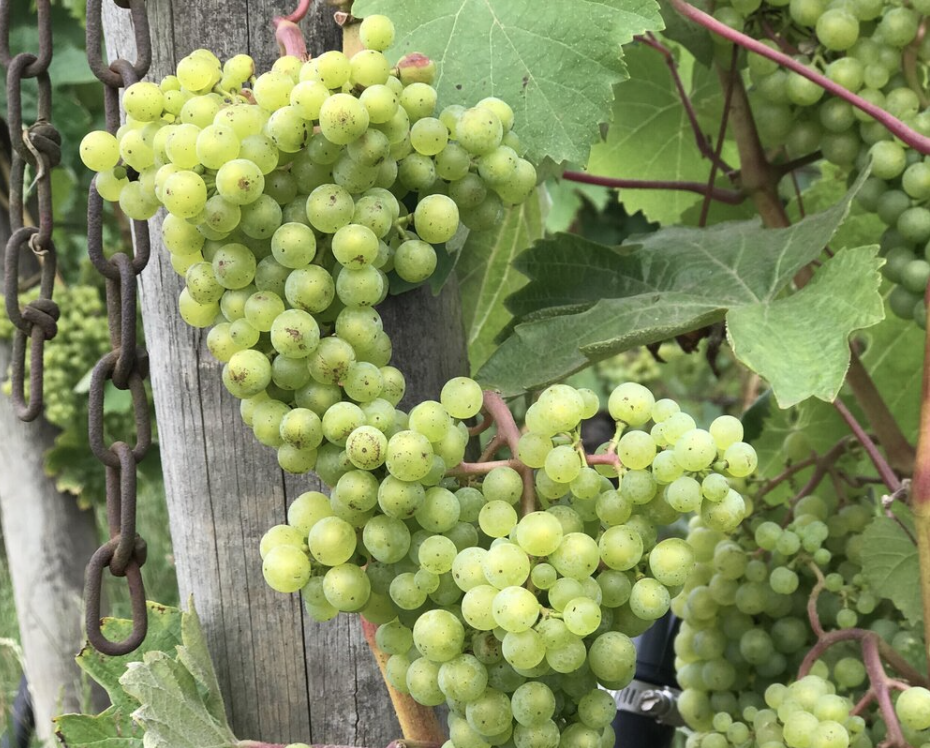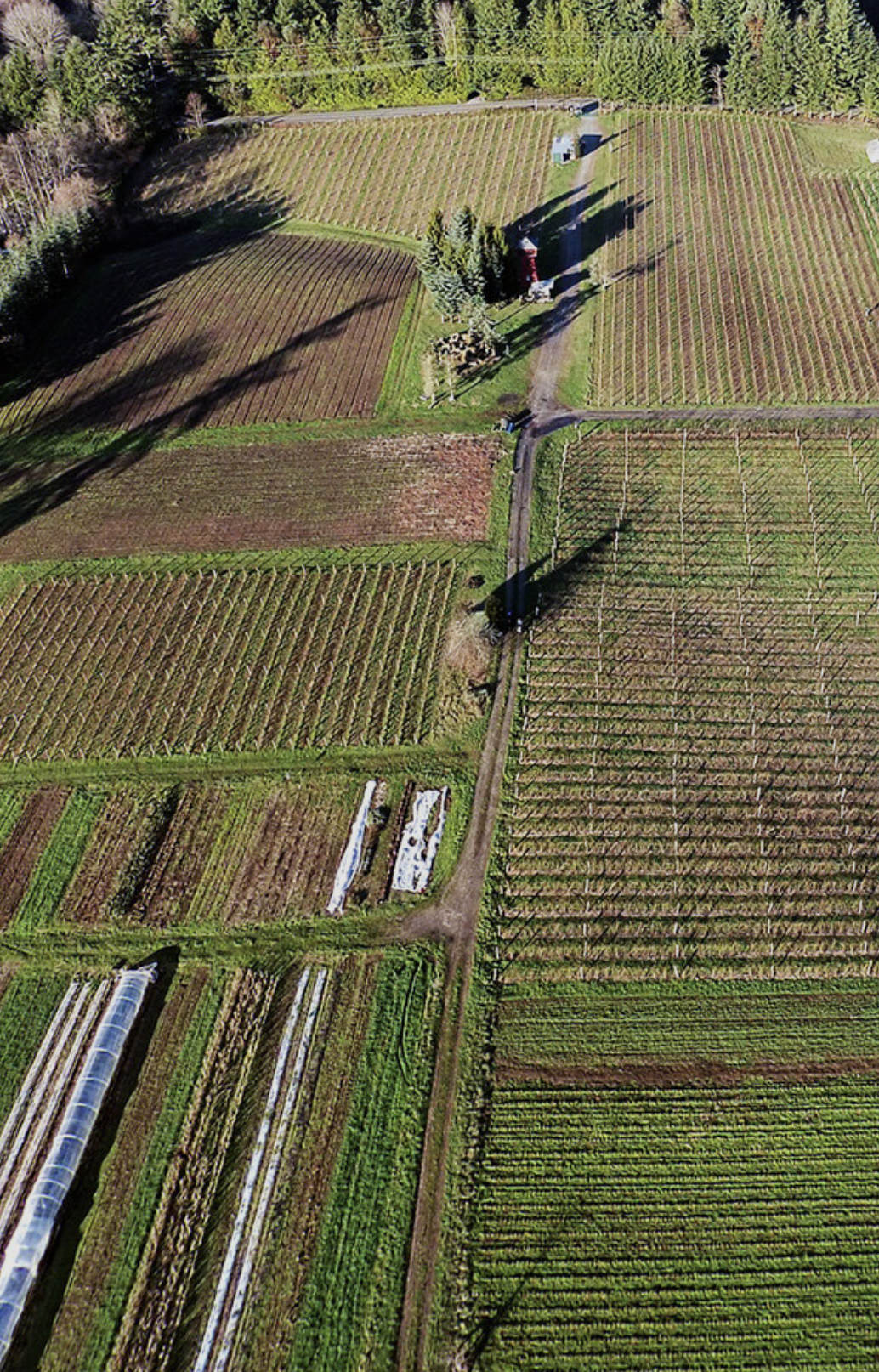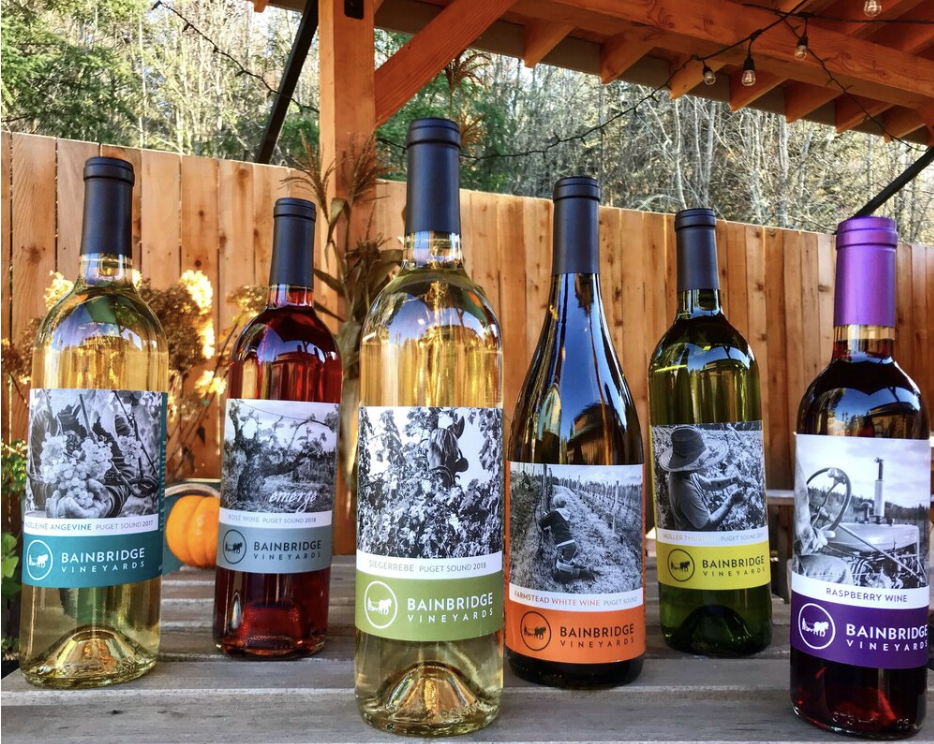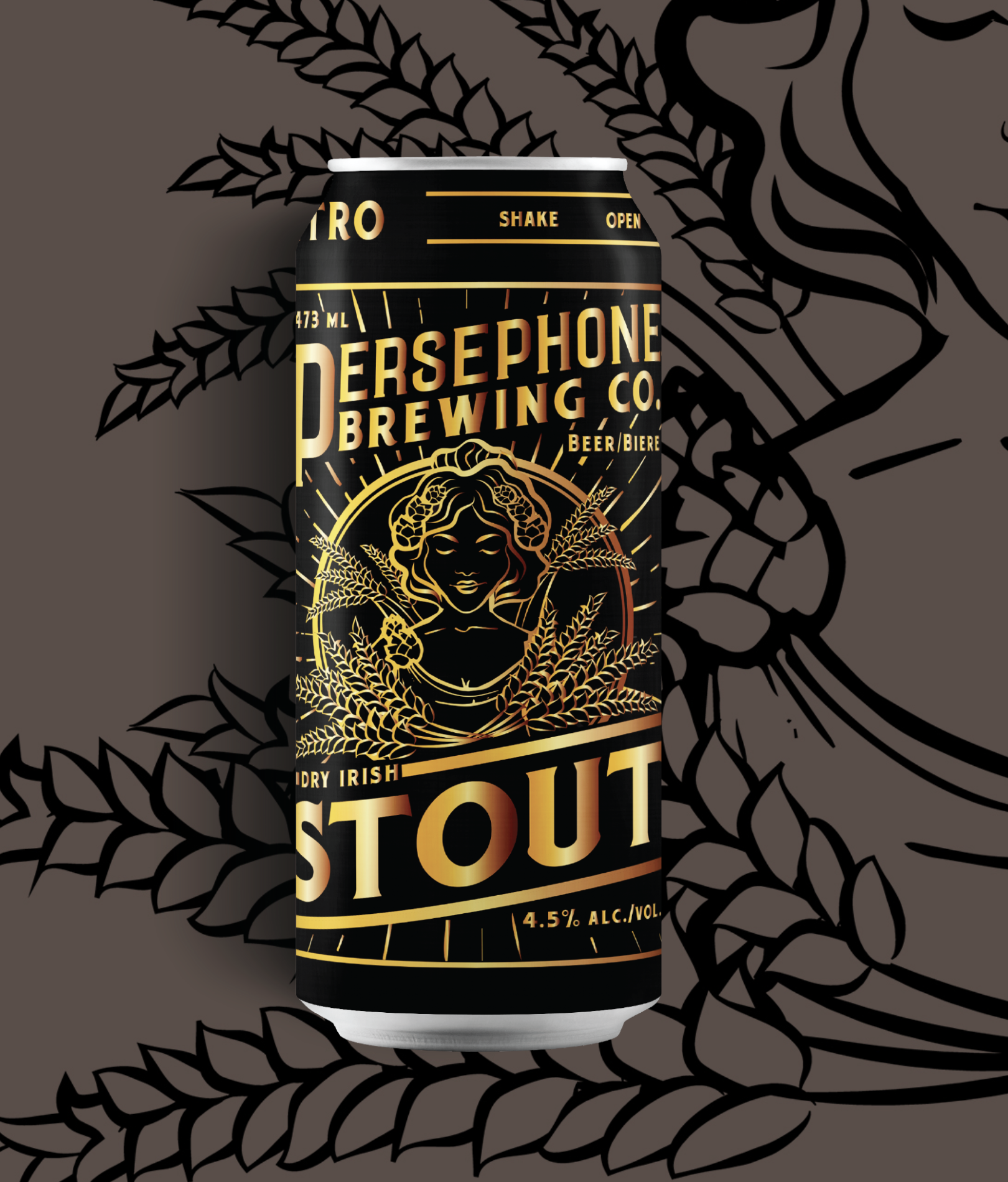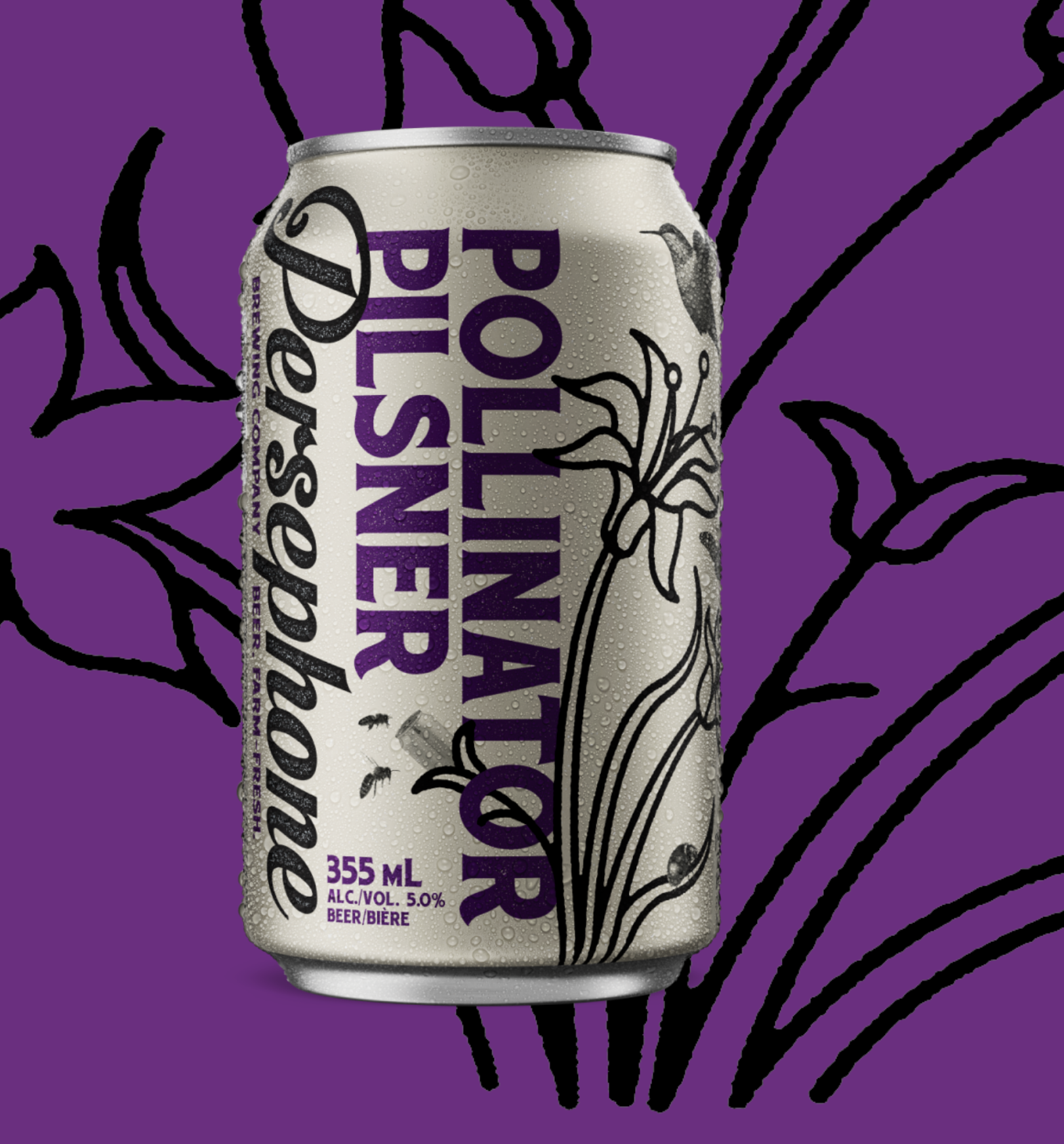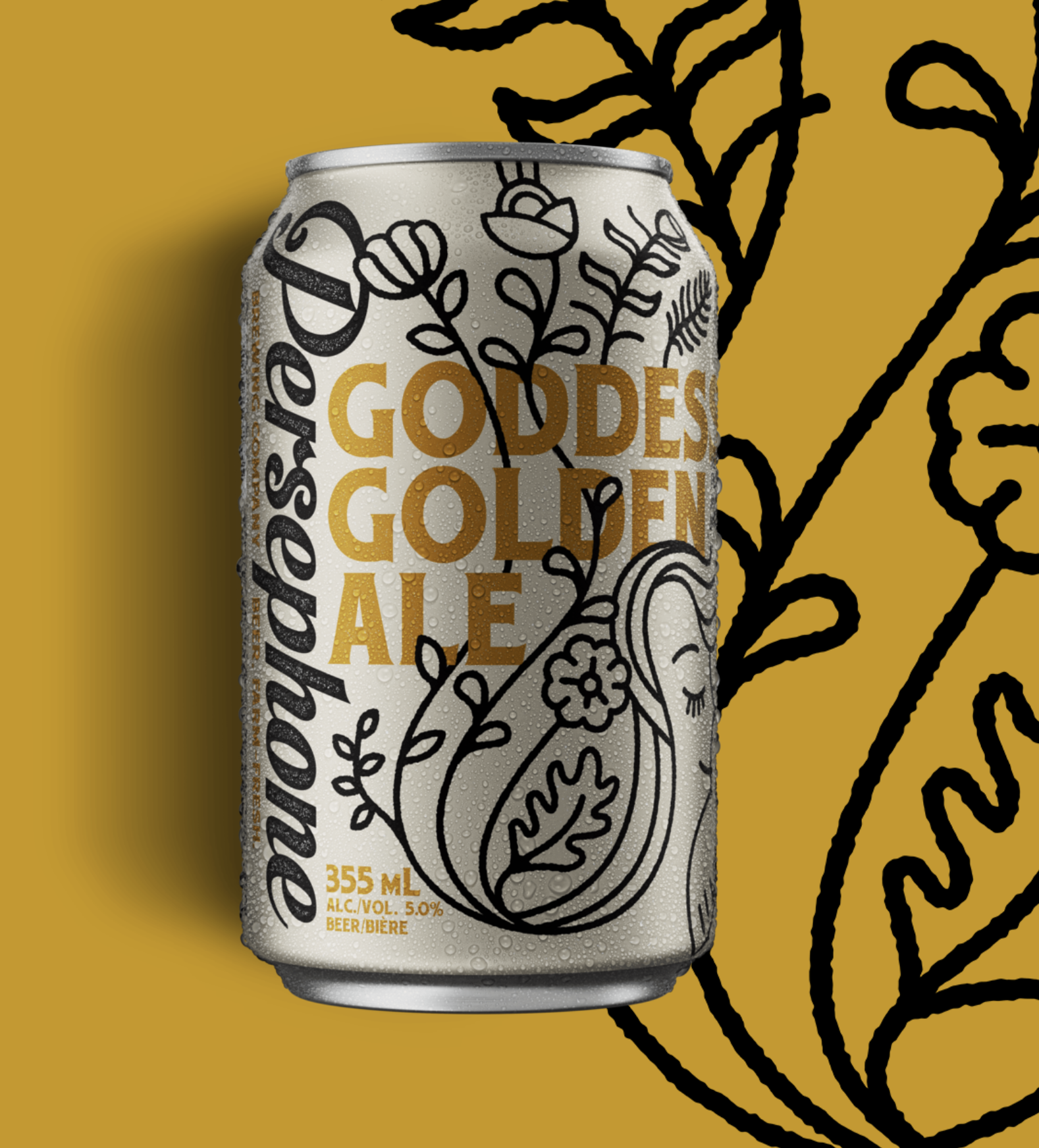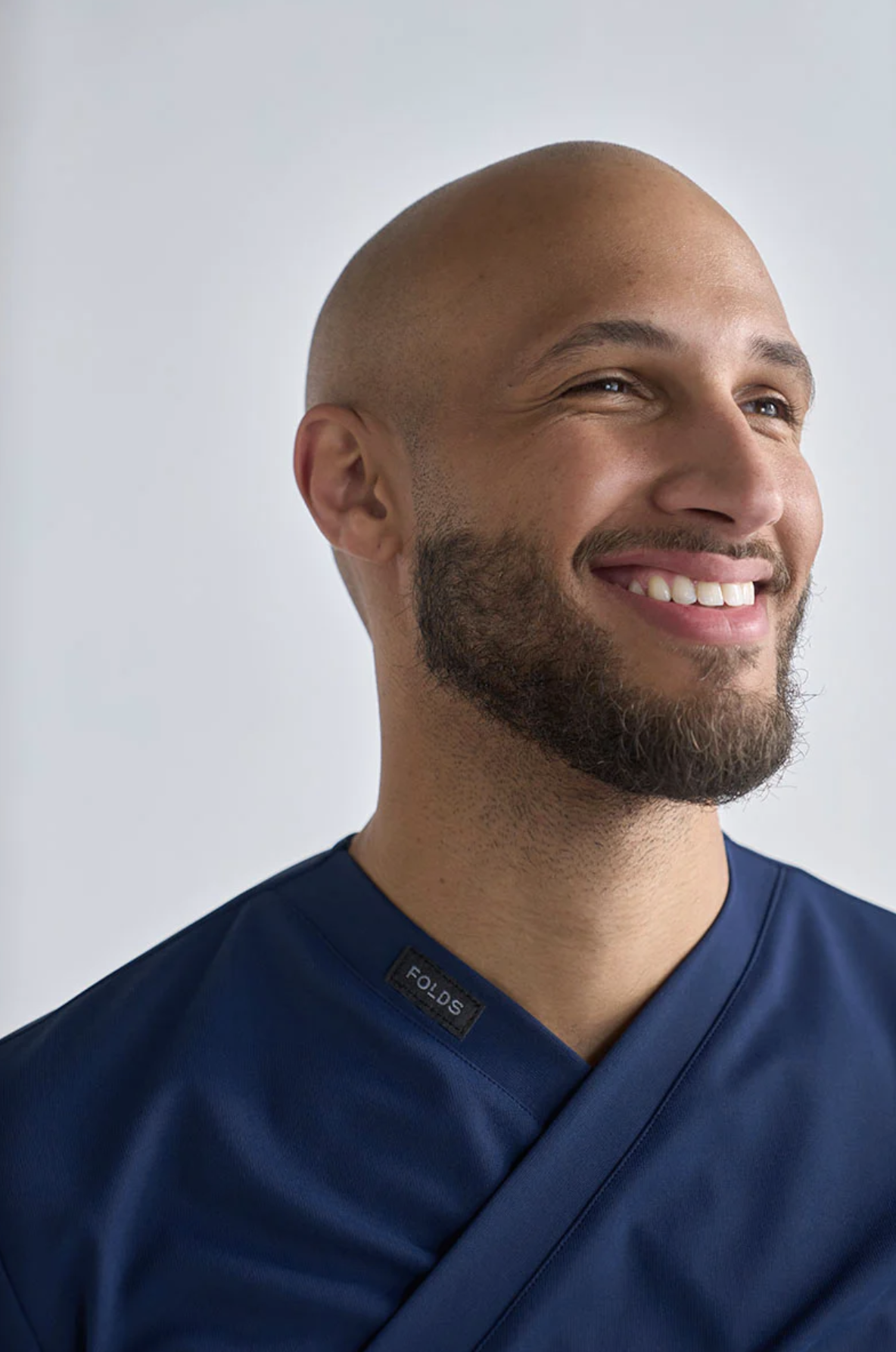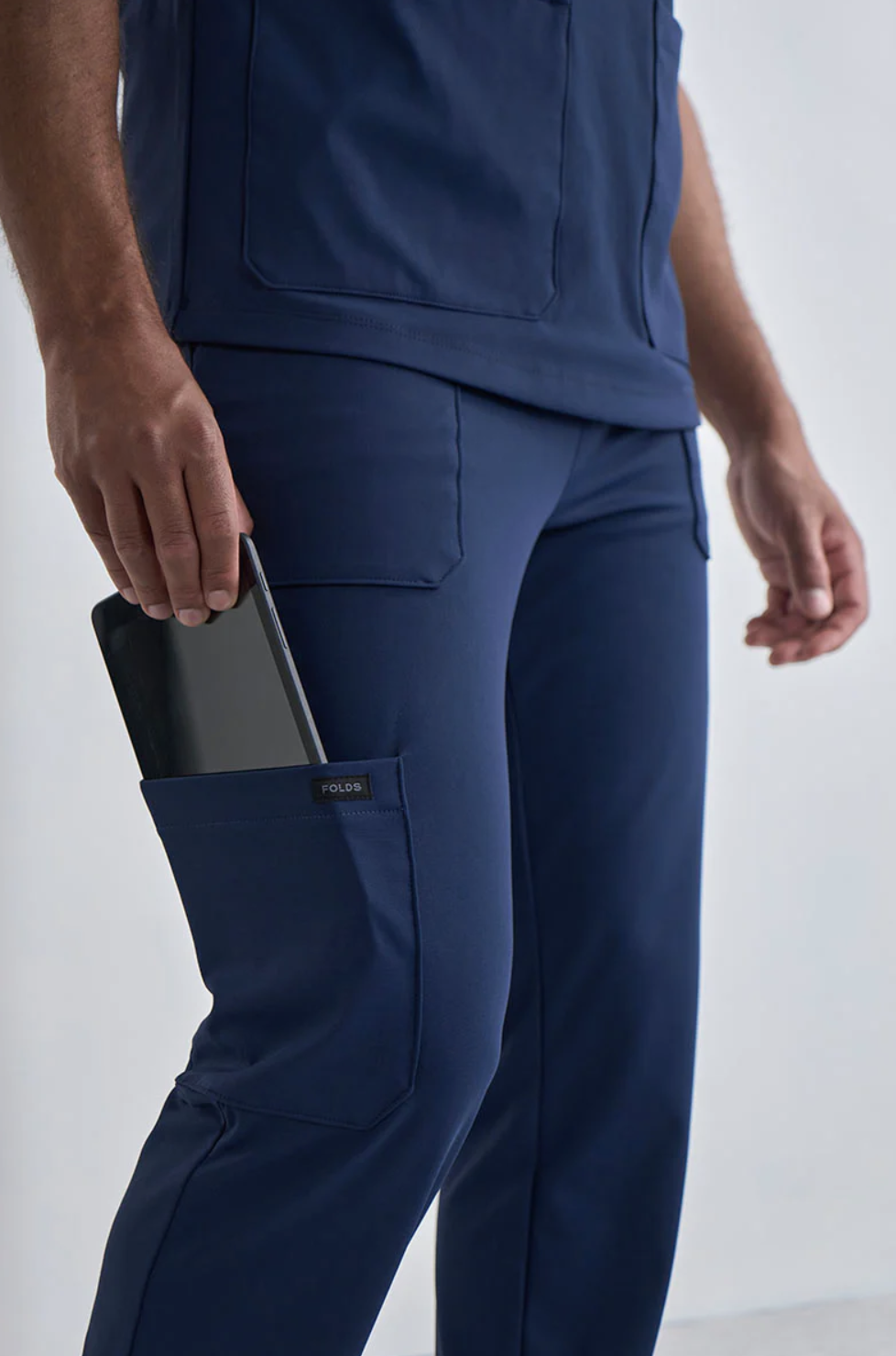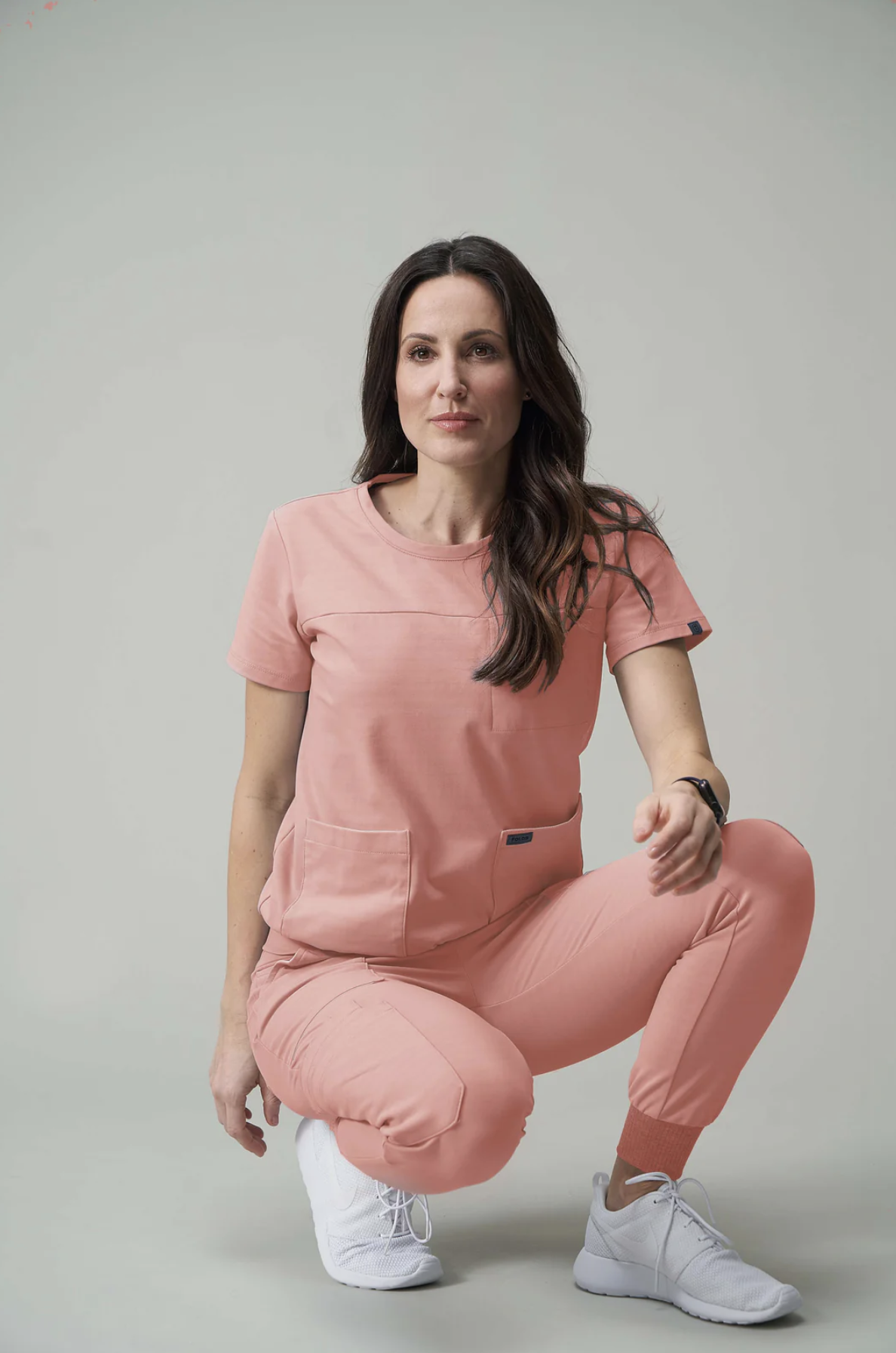Fearless Foundry’s Favorite Regenerative Companies
One of our key values at Fearless Foundry is Connection. We are deeply connected to the world around us and know our work helps heal the collective whole. We operate with ethics to help level the playing field and consciously upend injustice.
Our commitment to staying connected with the world means we care deeply about helping build a more sustainable future for people and the planet. Lately, we’ve been obsessing over the concept of regenerative business models because we believe they offer a promising solution for a more sustainable future.
What are Regenerative Business Models?
Regenerative business models prioritize profits and sustainability, and take responsibility for their impact on the planet.
Regenerative business models actively work to restore and regenerate natural resources and social systems, aiming to create a closed-loop system where waste is minimized, resources are regenerated, and the natural environment is restored.
Regenerative business models put people and the planet first, and foster efficiency and resiliency.
Here are some of our favorite companies that have emerged in response to the pressing need to address environmental, social, and economic challenges facing the planet:
#1: The Savory Institute
The Savory Institute is leading the regeneration of grasslands around the globe. Holistic Management of grasslands can result in the regeneration of soils, increased productivity and biological diversity, as well as economic and social well-being. As a result of Savory’s large-scale implementation of Holistic Planned Grazing, there are currently 21 million hectares of land being regenerated around the globe.
#2: Kiss the Ground
Over the past 10 years, Kiss the Ground, a 501(c)(3) Nonprofit, has become a leading voice in raising awareness for regeneration through storytelling, education, and advocacy. They believe regenerative agriculture is a viable solution to combat the climate, water, and health crisis. They offer regenerative gardening courses as well as in-person and virtual public speaking engagements, conferences, podcasts, workshops, film Q&A panels, and more.
#3: Patagonia
Patagonia has been a leader in the outdoor space for decades, continuously pushing the limits of what it means to build a sustainable brand. They work with natural fibers as often as they can, like hemp and regeneratively grown organic cotton. Their Worn Wear program sells their used clothes at a discount. They even have a line of food, sourced from partners that use regenerative practices that restore, rather than deplete, the planet.
#4: Lagom Leather
Lagom Leather creates wallets, bags, coasters, and keychains with leather sourced from farms committed to regenerative agriculture. By doing so, they are supporting the regeneration of grasslands and are giving the land a voice in the marketplace. They are a member of Land to Market, the world’s first verified regenerative sourcing solution for meat, dairy, wool, and leather.
#5: Seaav
Seaav makes elevated athleisure made from plastic bottles—sports bras, joggers, leggings, and more for men and women. To date they’ve diverted 285,218 plastic bottles from our oceans. They donate 1% of profits to coral planting, and their ethical factories provide fair, safe working conditions.
#6: Keep Cup
Keep Cup envisions a world without single-use coffee cups. They’ve helped LinkedIn Dublin go single-use free, supported the Australian Open to drive reuse across their broadcasting and media centers, worked with the Bank of England to shift reuse rates from 10 to 80 percent amongst their 4,000 staff, diverted over 118,000 single-use cups from landfill with the University of Leeds, and worked with Strawberry Fields to establish a reuse program for their 9,000 festival goers.
#7: Seed2Shirt
Seed2Shirt is the first Black-woman-owned vertically integrated apparel manufacturing and print on demand company in the US. Their products are ethically and sustainably manufactured from cotton material from African and African-American cotton farmers produced at their small batch production centers in the US and Africa. They have partnered with 350 thousand cotton farmers in West Africa, sourced from 12,000 BIPOC Organic cotton farmers.
#8: Bainbridge Vineyards
Bainbridge Vineyards is home to authenticity and craft; specializing in delicate award-winning white wines, grown in the Puget Sound AVA. They produce 1,200 cases of wine annually, exclusively from their certified organic estate vineyards. They are USDA Certified Organic and a Certified B Corporation.
#9: Persephone Brewing
Persephone Brewing produces the finest quality craft beer, with 15+ awards under their belt. Their “farmhouse” approach integrates onsite farming in support of local food security, regenerative agriculture, and amazing beer. They are a proud B Corp "Best for the World" Honouree that practices bee friendly brewing. The spent grain from their brewery is composted on site and used to build our farm’s soil fertility. Their flock of chickens eat food scraps from the food truck and lay eggs which customers can buy through their Tasting Room or farm stand to support the Sunshine Coast Association for Community Living.
#10: FOLDS Wear
FOLDS develops disruptive tech wear for medical professionals. Designed by womenswear designer and engineer Nina Kharey, FOLDS uniforms not only look modern, but are also functional and rooted in athletic performance. They are antiviral, antimicrobial, and antibacterial. Plus, they offer a recycling program that allows their customers to send in their old scrubs so FOLDS can make new scrubs, which drastically reduces the amount of waste the company produces. We love circular models like this!

